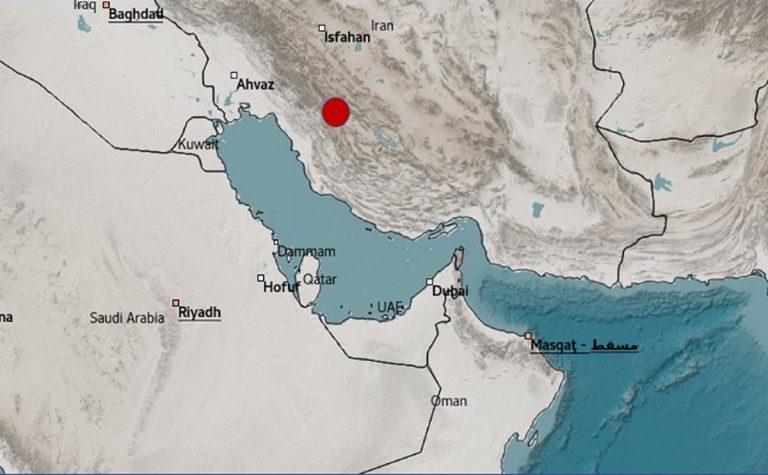UAE Clarifies Working Hours, Wages, and Leave Regulations
The Ministry of Human Resources and Emiratisation (MoHRE) has released a detailed guide aimed at clarifying the legal framework governing the relationship between private sector employees and their employers. This initiative is designed to promote fairness, transparency, and a balance between productivity and workers’ rights in the UAE.
Working Hours and Overtime Regulations
The guide establishes that the standard working hours in the UAE are capped at eight hours per day and 48 hours per week. There are specific exceptions that allow for extended hours in certain sectors, but these are strictly regulated. Overtime is limited to a maximum of two hours per day, and employees should not exceed a total of 144 working hours over any three-week period.
For overtime work, employees are entitled to additional pay. The compensation for overtime is set at a minimum of 25% above the basic hourly wage for daytime hours and 50% for nighttime hours, which are defined as the hours between 10 p.m. and 4 a.m. It is important to note that these regulations do not apply to shift-based employees. If workers are required to work on their designated day off, they must either receive an alternative day off or a 50% increase in their basic pay for that day.
Wage Protection System (WPS)
The guide emphasizes the importance of timely wage payments, stating that all salaries must be disbursed within 15 days of the due date through the Wage Protection System (WPS). This system is designed to enhance accountability and ensure that all salary payments are properly documented. The MoHRE has made it clear that employers are solely responsible for any fees associated with the WPS, and employees should not incur any direct or indirect costs related to wage transfers or registration.
In cases where businesses face financial difficulties, the ministry encourages employers to seek legal guidance and support from MoHRE to ensure compliance with labor laws and to protect employee rights.
Leave Entitlements for Employees
The guide also outlines various types of leave available to private sector employees under federal labor law. Employees are entitled to a minimum of 30 days of paid annual leave for each year of service. Additionally, several forms of special leave are available, including:
– **Bereavement Leave**: Five days for the death of a spouse and three days for the death of a first-degree relative. – **Parental Leave**: Five days for either parent within the first six months following childbirth. – **Study Leave**: Emirati employees who have completed at least two years of service are eligible for study leave to sit for exams. – **National Service Leave**: Citizens performing mandatory national service are granted leave in accordance with UAE laws.
FAQs
What are the maximum working hours in the UAE?
The maximum working hours in the UAE are set at eight hours per day and 48 hours per week, with specific exceptions for certain sectors.
How is overtime pay calculated in the UAE?
Overtime pay is calculated at a minimum of 25% above the basic hourly wage for daytime work and 50% for nighttime work, which is defined as hours worked between 10 p.m. and 4 a.m.
What types of leave are private sector employees entitled to?
Private sector employees are entitled to a minimum of 30 days of paid annual leave, bereavement leave, parental leave, study leave for Emiratis, and leave for mandatory national service.
Conclusion
The recent guide from the MoHRE provides essential clarity on working hours, wage regulations, and leave entitlements for private sector employees in the UAE. Employers are encouraged to familiarize themselves with these regulations to ensure compliance and protect the rights of their workers. Moving forward, businesses facing challenges should seek assistance from the ministry to navigate these requirements effectively.
The guide reflects the UAE’s ongoing efforts to enhance labor standards and align with international best practices. By establishing clear regulations, the MoHRE aims to foster a more equitable work environment that benefits both employees and employers. This initiative is part of a broader strategy to improve the overall labor market and attract a diverse workforce to the region.
Additionally, the emphasis on compliance and accountability through the Wage Protection System underscores the UAE’s commitment to safeguarding workers’ rights. As the economy continues to evolve, these regulations are expected to play a crucial role in maintaining a stable and fair labor market, ultimately contributing to the nation’s economic growth and social development.
Also Read:
Stable Weather and Humidity Forecast for UAE This Week
Creative Industries Boost BRICS+ Economic Growth
Georgia’s Infrastructure Investments Drive Economic Growth







